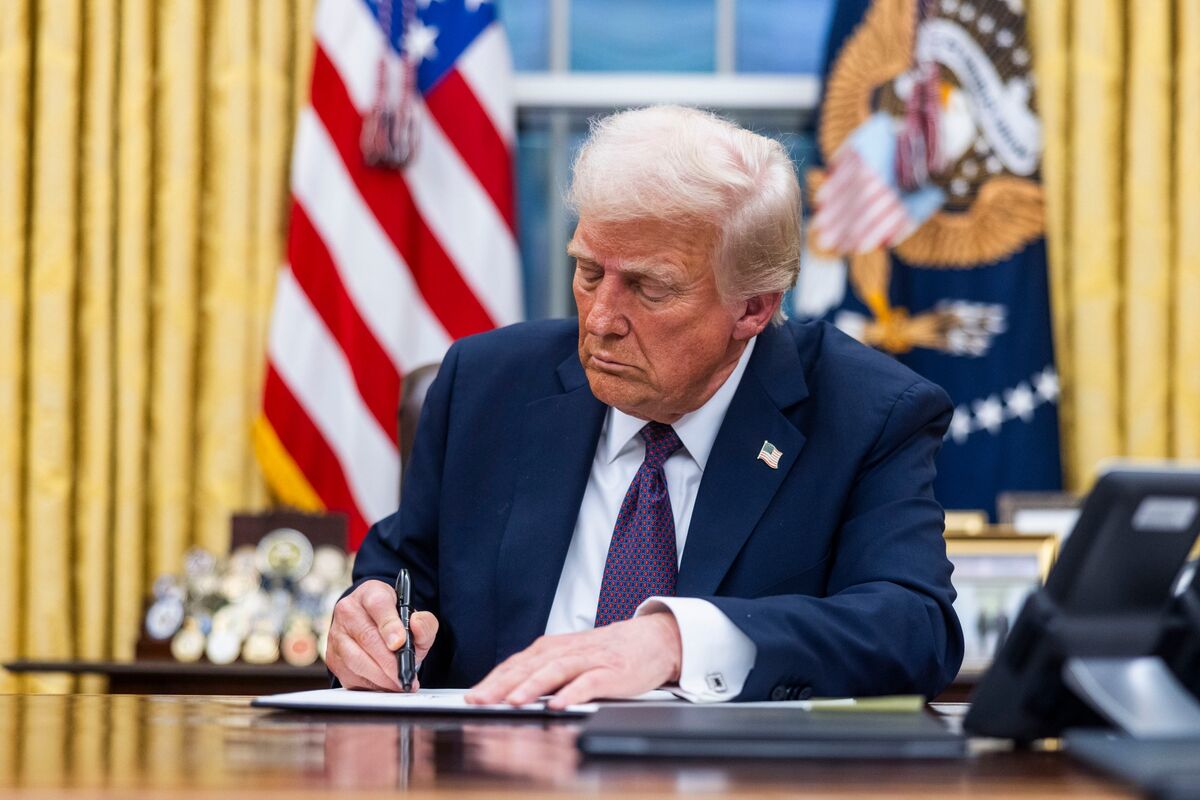
As US President Donald Trump renews the “national emergency” concerning Syria for another year, ties between Washington and Damascus remain tense, yet filled with activity suggesting potential realignment. In a formal notification to Congress, Trump cited “unusual and extraordinary threats” posed by Syria’s policies to the national security, foreign policy, and economy of the United States. The extension, announced under the National Emergencies Act, will keep restrictions in place past May 11, 2025.
The declaration reaffirms long-standing US concerns, including Syria’s capacity to govern effectively, its handling of chemical weapons, and its ability to combat terrorism. Though this policy remains consistent with past administrations—dating back to George W. Bush’s 2004 executive order under the Syria Accountability Act—it lands at a time when Damascus is actively seeking diplomatic inroads with Washington.
Damascus Courts Washington Amid Sanctions
According to The Wall Street Journal, the Syrian government under President Ahmad al-Sharaa has intensified efforts to build bridges with the US, including initiatives that respond directly to American demands. These moves include indirect communication with Israel to avoid escalation and overtures to US oil firms for reconstruction projects.
Sharaa has reportedly proposed a Syria-specific “Marshall Plan” in partnership with Western firms and is seeking a direct meeting with Trump to present his vision. However, skepticism lingers in Washington, where officials question the sincerity of Syria’s pivot and have not yet recognized the current Syrian government.
“There are steps from the American side, but they are very partial and limited,” said Syrian political analyst Radwan Ziadeh to Al-Araby Al-Jadeed, pointing to US approval for Qatar to fund public sector salaries as an example. Yet, Ziadeh emphasized that the Trump administration remains hesitant, particularly due to the presence of sanctioned individuals like Abu Hatem Shaqra in leadership positions.
Demands, Dialogue, and Diplomacy in the Region
The US recently handed Damascus a detailed list of conditions for easing sanctions. These include halting the activities of Palestinian factions, curbing Iranian influence, disclosing chemical weapons stockpiles, and aiding in locating 12 missing Americans. While the Syrian government reportedly sent a response, its contents have not been made public. Syrian Foreign Minister Asaad al-Shaibani’s meetings in New York yielded little change.
Meanwhile, Trump’s upcoming regional tour—including stops in Saudi Arabia, Qatar, and the UAE—could mark a turning point. His recent call with Turkish President Recep Erdogan, who urged easing sanctions, suggests that broader regional actors are lobbying for a shift in US policy.
According to analyst Ghazi Dahman Gulf leaders may try to reframe Syria’s image for Trump, potentially pushing him toward a more pragmatic approach not solely shaped by Israeli perspectives. Dahman pointed to past US diplomatic maneuvers, including with the Houthis in Yemen, as evidence of Trump’s flexibility when pursuing US interests. Whether ongoing diplomatic overtures lead to a substantive shift in US-Syria relations remains uncertain, but the pace of developments signals that the stalemate may not hold much longer.








